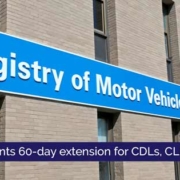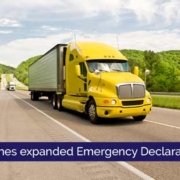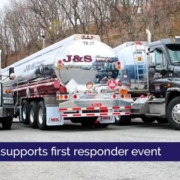Massachusetts RMV implements further credential extensions
The Massachusetts RMV has implemented further extensions for expiring motor vehicle inspection stickers, passenger plate registrations, professional credentials, and licenses and permits, including Commercial Driver’s Licenses and Permits (CDLs / CLPs).
While 60-day extensions had already been implemented for most credentials, passenger plate registrations, and inspection stickers expired or expiring in March and April, this new action will apply the same 60-day extension to those expiring in May. Additionally, credentials expiring in March 2020 that previously were extended by 60 days will have an additional 60-day extension applied.
The following new changes are associated with commercial activities. Details on all of the extensions are available on the RMV’s COVID-19 information page.
- All commercial and non-commercial driver’s licenses, ID cards, and Learner’s Permits that expire in May 2020 will now expire in July 2020 and do not need to be renewed at this time. Customers holding a license marked “Limited-Term” that has expired or will expire between March 1 and May 31, 2020 should visit Mass.Gov/RMV for more information and to check the validity of their credential.
- The RMV also recently introduced an online renewal option for CDL holders if they are self-certified in the Non-Excepted Interstate (NI) category for medical certification.
- In accordance with updated guidance from the Federal Motor Carrier Safety Administration (FMCSA), all CDL Medical Certificates expiring between March 1 and April 30, 2020 will not expire until June 30, 2020 and do not need to be renewed at this time. Extensions to CDL Medical Certificates are intended to prevent license downgrades and elective medical visits, as well as alleviate demand on medical providers, during the State of Emergency.
- Professional credentials for School Bus Certificates, School Pupil Transport Licenses (7D), Inspector Licenses, Inspection Station Licenses, Driving Instructor Licenses and Driving School Licenses that expire in May 2020 will be extended for 90 days after the State of Emergency is lifted and do not need to be renewed at this time.
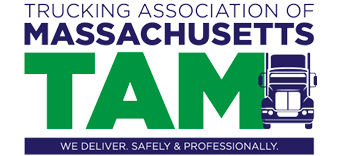
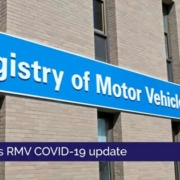
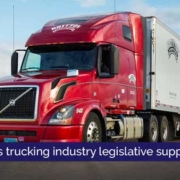
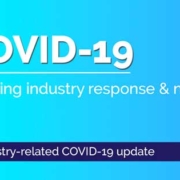
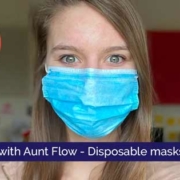
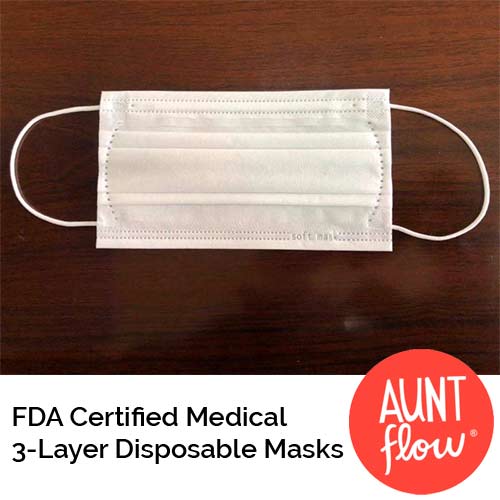 We recently partnered with Aunt Flow to provide much needed masks to our industry. To say this is a unique collaboration would be an understatement and we wanted to be sure to say “thank you” and give you a little background on their company. Special thanks to Jen Severns for helping us put this together so quickly.
We recently partnered with Aunt Flow to provide much needed masks to our industry. To say this is a unique collaboration would be an understatement and we wanted to be sure to say “thank you” and give you a little background on their company. Special thanks to Jen Severns for helping us put this together so quickly.
 What seems like a lifetime ago but in reality was only about three weeks ago, I was leaving my local supermarket and saw a truck near the back of the lot with the driver outside the vehicle taking a breather. I stopped to introduce myself and spent a few minutes with Dave, a trucker from J&R Schugel based in Minnesota.
What seems like a lifetime ago but in reality was only about three weeks ago, I was leaving my local supermarket and saw a truck near the back of the lot with the driver outside the vehicle taking a breather. I stopped to introduce myself and spent a few minutes with Dave, a trucker from J&R Schugel based in Minnesota.